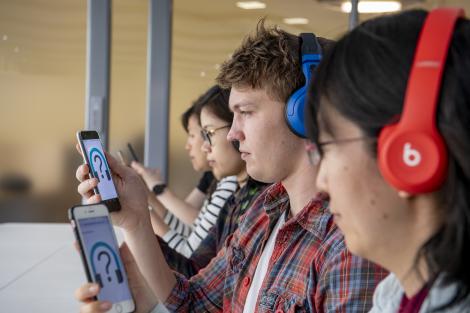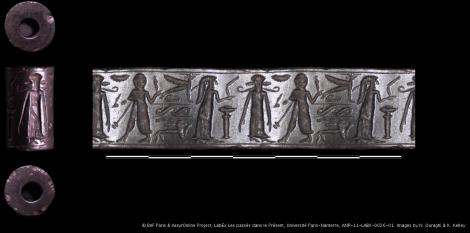Professor Dame Wendy Hall will foster cutting-edge Artificial Intelligence (AI) research and international collaboration as a new Distinguished Visiting Professor at Tsinghua University in China.
One of the world's foremost computer scientists, Dame Wendy is Regius Professor of Computer Science at the University of Southampton and plays a leading role in shaping science and engineering policy and education in the UK and internationally. She is the UK’s first AI Skills Champion and Executive Director of the Web Science Institute.
The international appointment will promote the development of Web and Data Science, AI and related research directions at the major research university in Beijing. Dame Wendy will conduct AI research and jointly publish papers in top-level international conferences and journals in collaboration with researchers in China.
Her visiting chair is based in Tsinghua University's historic Department of Computer Science and Technology. U.S. News and World Report ranks the institution fourth in the world in its Best Global Universities for Computer Science.
Dame Wendy says: "I am delighted to accept this position with such a renowned international research partner and look forward to collaborating on new ground-breaking research in our discipline. We are entering a pivotal time in the evolution of AI, Web and Data Science, and academic leadership must continue driving the development of technologies that best serve people and society."
Dame Wendy was co-Chair of the UK government's AI Review, which was published in October 2017. In 2020, she was appointed as Chair of the Ada Lovelace Institute.
With Sir Tim Berners-Lee and Sir Nigel Shadbolt, Dame Wendy co-founded the Web Science Research Initiative in 2006 and is the Managing Director of the Web Science Trust, which has a global mission to support the development of research, education and thought leadership in Web Science.
She became a Dame Commander of the British Empire in the 2009 UK New Year's Honours list, and is a Fellow of the Royal Society.
She has previously been President of the ACM, Senior Vice President of the Royal Academy of Engineering, a member of the UK Prime Minister's Council for Science and Technology, was a founding member of the European Research Council and Chair of the European Commission’s ISTAG 2010-2012, was a member of the Global Commission on Internet Governance, and until June 2018, was a member of the World Economic Forum’s Global Futures Council on the Digital Economy.



